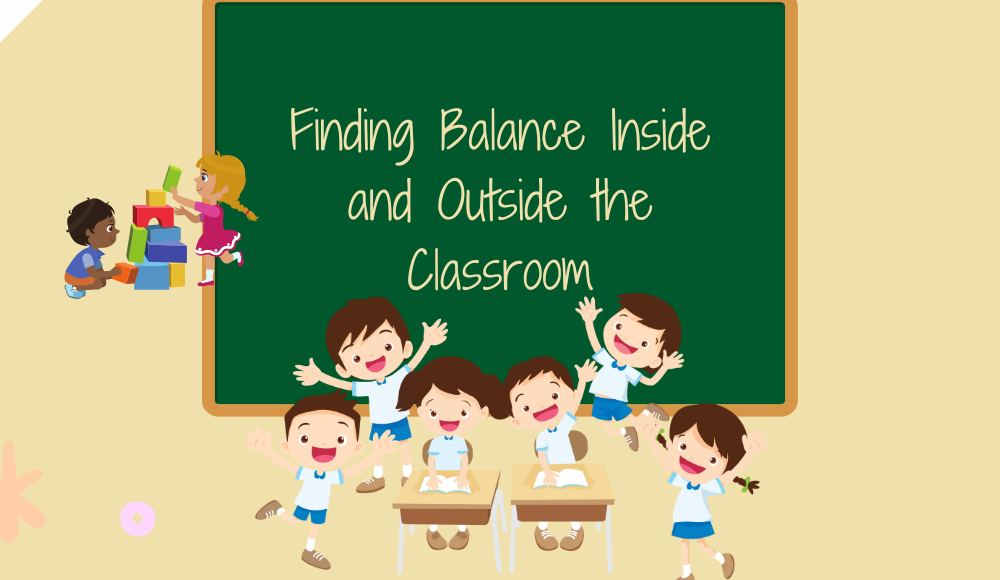
In today’s education system, there’s a big debate about whether we’re giving kids the right balance between learning in class and learning from real-life experiences. Traditionally, schools have focused a lot on tests and grades, often leaving out important skills like problem-solving, teamwork, and practical know-how.
Some people say we need to shake things up and give kids more chances to learn outside the classroom, things like doing projects in their community, spending time outdoors, or getting hands-on experience. They believe these activities teach kids important lessons that books alone can’t cover.
As we all know, education a lively dance where students and teachers come together to learn and grow. The time spent in classrooms is super important as it’s where students soak up knowledge, ask questions, and work on assignments. But is focusing solely on classroom time missing out on other important stuff?
Sure, classrooms are where the magic happens – discussions, learning new things, and all that jazz. But there’s a downside too. Students might not get enough personal attention, and they might miss out on chances to socialize and develop important social skills. These skills don’t just come from textbooks – they come from hanging out with friends, trying new hobbies, and being part of clubs and teams.
And let’s not forget about money smarts! Learning how to handle money wisely is a crucial life skill that often gets left out of the classroom. Budgeting, saving, and making smart financial decisions are all things students need to know.
So, instead of just focusing on classroom time, let’s find a balance. Let’s make sure students have plenty of opportunities to learn in class but also encourage them to explore outside interests and learn real-life skills. When we strike that balance, that’s when true education happens.
Written by Beneditta Muema

Leave a Reply